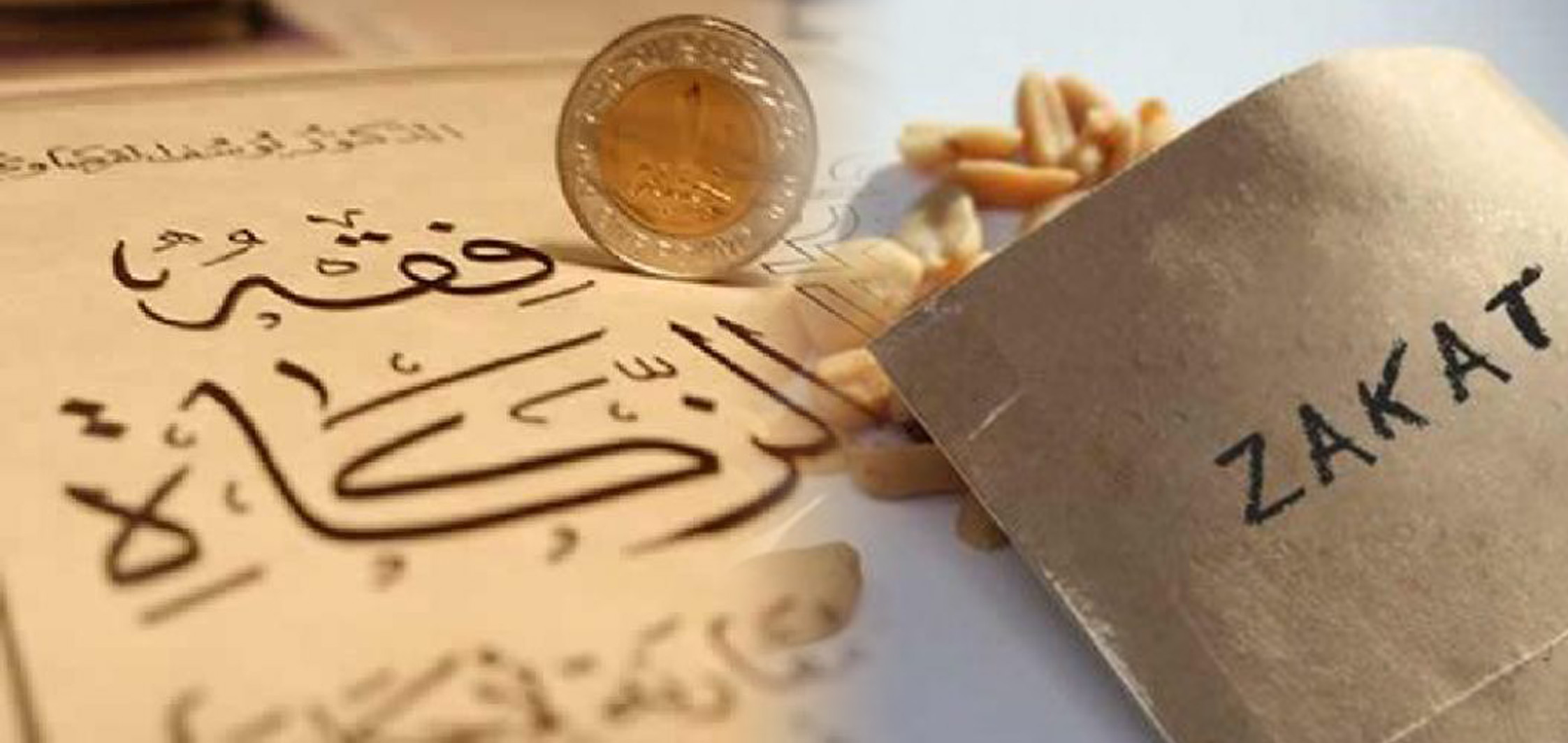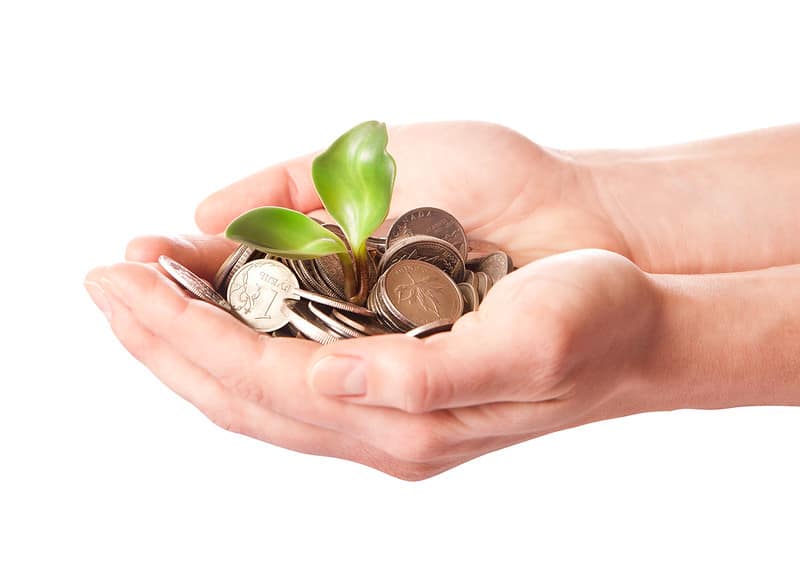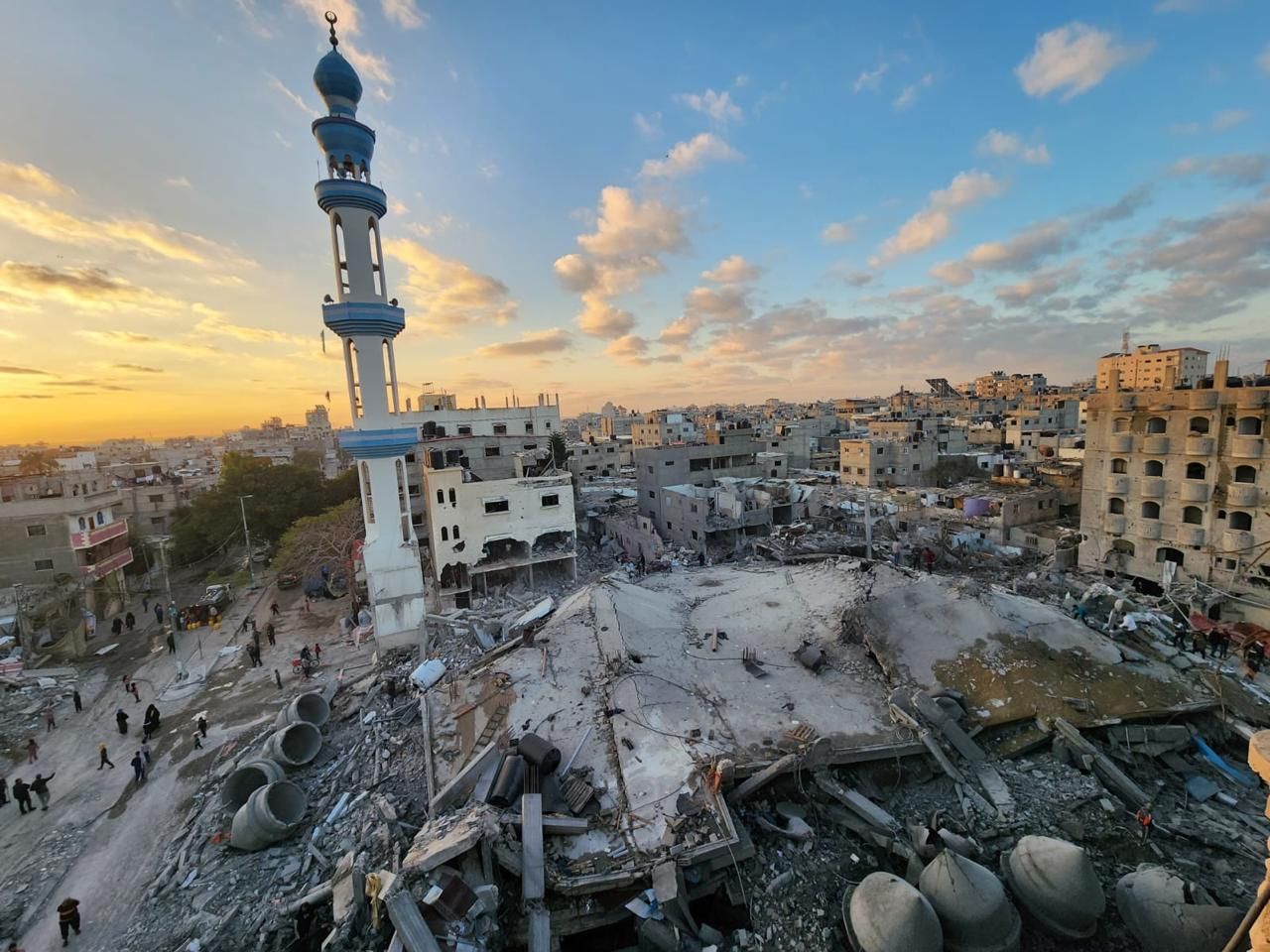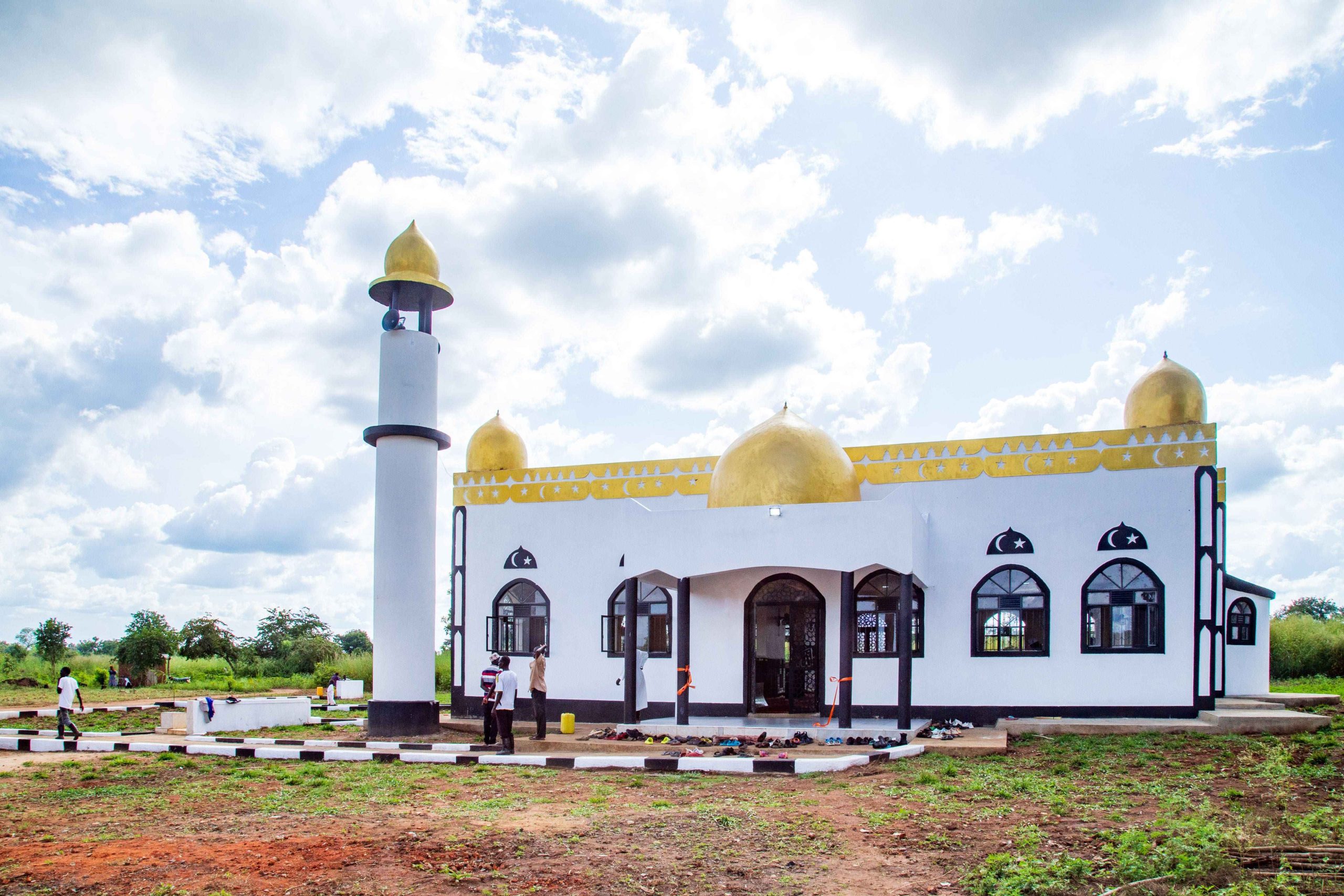
ZAKAT
Zakat in Islam
Zakat stands as a core pillar of Islam, reflecting a deep commitment to social justice through financial giving and serving as a significant act of worship. It is a mandatory charitable obligation for every eligible Muslim, aimed at purifying wealth, supporting the poor, and creating social equity.
What is Zakat?
Zakat comes from the Arabic root word "zakaa", which means to purify, grow, or increase. It is a compulsory act of charity and a form of worship in Islam, where Muslims donate a fixed portion of their wealth to those in need.
Zakat Meaning in Islam
Zakat is a yearly obligation in Islam, requiring eligible Muslims to give 2.5% (or 1/40) of their qualifying wealth to those entitled to receive it. It cleanses personal assets while fostering fairness and equity within society.
Who Must Pay Zakat? (Eligibility Criteria)
Zakat is required when certain conditions are fulfilled:
- The individual is Muslim.
- They are sane and have reached puberty.
- Their assets meet or exceed the nisab minimum.
- The person should hold the wealth continuously throughout a full lunar year.
Understanding Nisab: The Zakat Threshold
Nisab is the threshold of wealth that a Muslim must reach before being required to pay zakat. This threshold is calculated based on the current value of either gold or silver and plays a crucial role in assessing zakat responsibility.
How is Nisab Calculated?
- 87.48 grams of gold, or
- 612.36 grams of silver
You may choose to base your nisab on the gold or silver value. Many scholars recommend using the silver standard, as it results in more people qualifying to pay zakat, thereby helping more people in need.
Zakat is payable at a rate of 2.5% once your total zakatable wealth meets or surpasses the nisab threshold and has been held for a complete lunar (Hijri) year.
How Much is Zakat? (Calculation Explained)
Zakat amounts to 2.5% of your total zakatable wealth, calculated after deducting any outstanding debts or immediate liabilities.
Zakat = (Total Zakatable Wealth - Debts) × 2.5%
For example:
- If your total assets = $10,000
- Debts = $0
- → Zakat owed = $10,000 × 2.5% = $250
Types of Zakat in Islam
There are two main types of zakat:
- Zakat al-Mal (Zakat on Wealth): The annual zakat paid on savings, investments, business profits, income-generating properties, gold, silver, and cash.
- Zakat al-Fitr (Fitrana): A small charity given by every self-supporting Muslim before Eid al-Fitr, usually in the form of food or its monetary equivalent. It purifies the fast of Ramadan.
Who Can Receive Zakat? (8 Eligible Categories)
According to the Qur’an (Surah At-Tawbah Ayah, 60), zakat must be distributed to one or more of these 8 categories:
- The poor (al-fuqara)
- The needy (al-masakin)
- Zakat administrators
- New Muslims or those close to Islam
- Those in slavery or bondage
- People in debt
- In the cause of Allah (Fi Sabilillah)
- Stranded travelers (Ibn al-Sabil)
- Your parents, children, or spouse
- Mosques or institutions (unless directly benefitting an eligible recipient)
- Descendants of Prophet Muhammad (Syeds)
- Eligible siblings, uncles, aunts, cousins
- Struggling students (if they qualify)
- Husbands (by wives), but not vice versa
Zakat vs. Sadaqah: What’s the Difference?
| Aspect | Zakat | Sadaqah |
|---|---|---|
| Obligation | Mandatory (Fard) | Voluntary |
| Amount | Fixed: 2.5% | Any amount |
| Timing | Once per lunar year | Anytime |
| Recipients | 8 categories only | Anyone in need |
| Eligibility | Only if wealth exceeds Nisab | Open to everyone |
How Zakat is Spent by Blackburn UK Trust
Blackburn UK Trust use your zakat to support:
- Emergency aid in war zones (Gaza, Yemen, Lebanon)
- Food aid for famine-affected areas in East Africa, the Middle East, and Asia
- Sustainable projects (clean water, education, orphan support)
At Blackburn UK Trust, Alhamdulillah, we follow a 100% donation policy, meaning every penny donated goes directly to those in need. We are committed to full transparency and accountability in all our operations.
Allah عزَّ وجلَّ says in Qur’an:
“Establish prayer, and pay alms-tax. Whatever good you send forth for yourselves, you will ˹certainly˺ find ˹its reward˺ with Allah.”
[Surah Al-Baqarah Ayah, 110]
The Transformational Power of Zakat
Zakat is a sacred act that empowers communities, alleviates poverty, and purifies the soul. Whether given through trusted charities or directly to eligible recipients, your zakat can transform lives around the world.
At Blackburn UK Trust, we ensure that your zakat reaches those who need it most, those struggling with poverty, displacement, hardship, and crisis. By maintaining transparency and collaborating with partners both locally and globally, we dedicate ourselves to distributing your zakat with respect, care, and responsibility. United, we can improve lives and honour our duty to support humanity.
Frequently Asked Questions About Zakat (Advanced FAQs)
- 📌 Can I pay zakat on behalf of another person?
Yes, with their permission. - 📌 Does Zakat apply to rental income?
Yes, zakat applies on net income generated. - 📌 Can I give zakat during Ramadan?
Yes, and it’s highly rewarded to do so. - 📌 What if my wealth fluctuates?
Zakat is due if your wealth stays above the nisab for one full lunar year. - 📌 Is Zakat like a tax?
In some countries (e.g., Saudi Arabia, Pakistan), zakat is state-mandated. Elsewhere, it is a personal religious obligation.
WAYS YOU CAN SUPPORT
£50.00
£100.00
£200.00
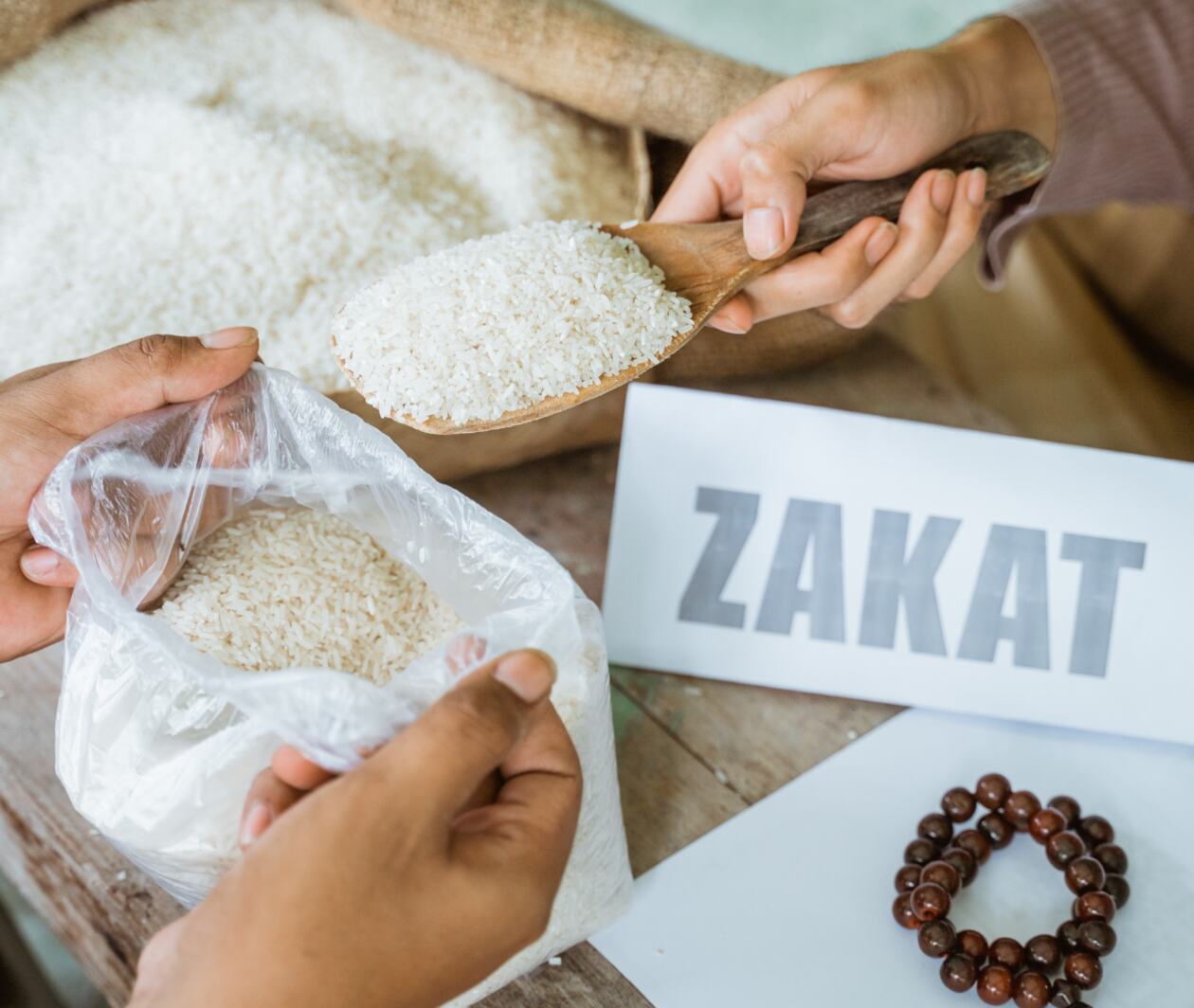
"One who pays Zakat, Allah will make their wealth increase"
Your support will play a crucial role in alleviating poverty in areas where help is desperately needed. By contributing, you are helping to provide essential resources and opportunities to those who are facing severe hardships, empowering them to build a brighter, more sustainable future.
Support the cause
Quick Donate
How we are delivering impact
Cycle through the imagery to see where our projects are currently making a big impact.
